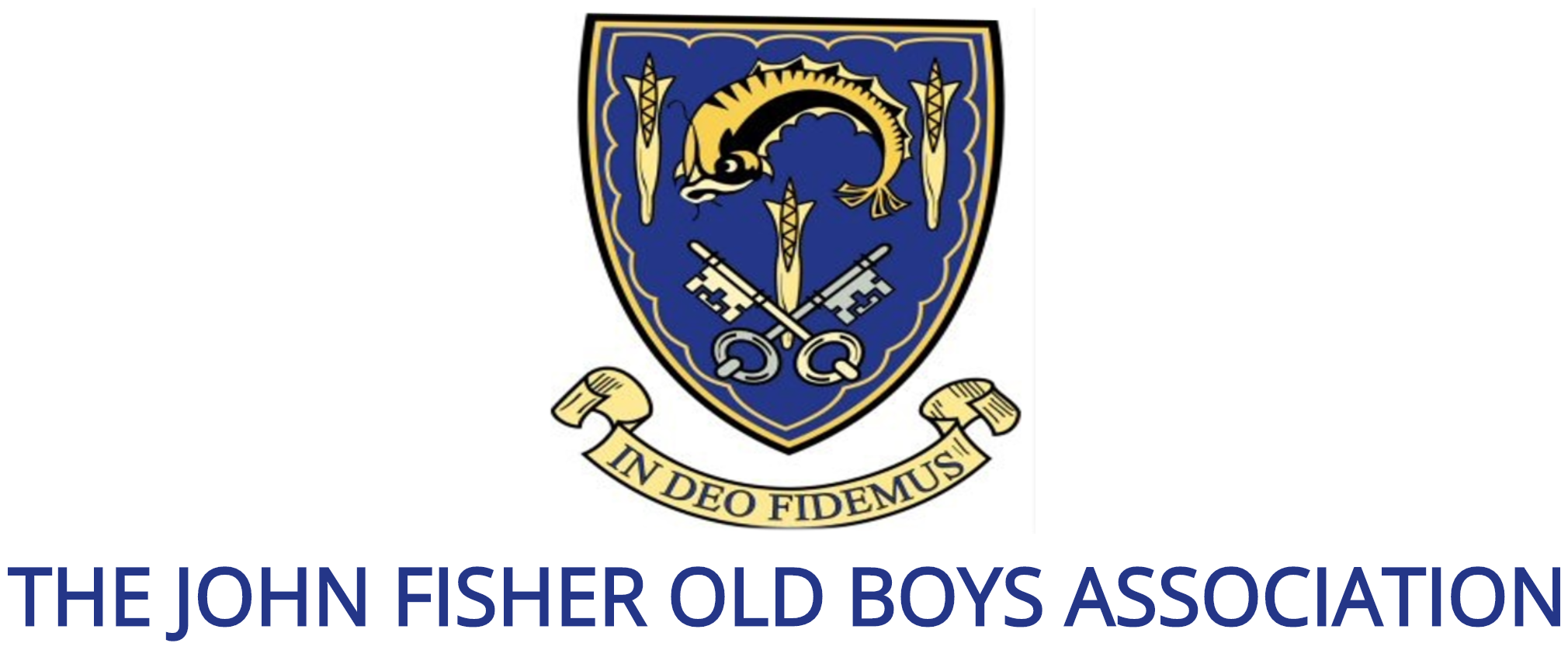As the series editor of Tomorrow’s World and a producer of Man Alive, Horizon and many other programmes on subjects ranging from the lives of the great explorers to the history of science, Latham made meticulously researched and thought provoking films.
He was born on June 18th, 1932 in Winnipeg , Manitoba , and returned to Britain with his family in the lat 1930s. He was educated at John Fisher School , Purley, an experience which he did not particularly enjoy.
Following National Service, Latham became a journalist with the Andover Advertiser, then moved to Bristol , where he continued to work for local papers while sharing a flat with Peter O’Toole and Tom Stoppard.
In the late 1950s he joined the BBC’s Outside Broadcast Unit and in 1960 he covered the marriage of Princess Margaret to the Earl of Snowdon. Latham and Snowdon became friends and worked on a number of television projects together.
By the early 1960s Latham had joined BBC Features. It was a time of great innovation and new freedoms.
Latham became a leading producer for Man Alive in 1965, shaping the documentary series into a popular BBC 2 staple which offered intelligent and occasionally contentious films on almost every topic imaginable.
In 1967 Latham and his co-producer Gordon Thomas were awarded the Monte Carlo Critics’ Prize for A Bit of an Experience, a sensitive and compelling documentary about woman undergoing life-saving brain surgery.
That same year he succeeded in persuading Dr Christian Barnard, the surgeon who had recently performed the world’s first heart transplant operation on a human being, to appear in The Heart Man and Barnard Faces his Critics for BBC Science and Features.
Latham was appointed editor of Tomorrow’s World, the popular science and technology series, in 1967.
He continued to make one-off documentaries, attracting some controversy in 1970 with Go Climb a Mountain, examining the work of Dr Josef Issels, whose unorthodox methods of treating terminal cancer included making a group of patients struggle up a snow slope. Two years later he produced If Britain Had Fallen, a three hour documentary examining the theoretical consequences of a British defeat during the early stages of the Second World War.
One of Latham’s best known productions was The Explorers (1975), a series of drama-documentaries about the lives of the great explorers. Presented by David Attenborough and containing realistic re-enactments of several perilous journeys, the series earned Latham a Bafta award.
Although he continued to have strong ties with the BBC, in 1978 Latham left it to join Video Arts Television. There he maintained his high standards of documentary film-making in series such as Free to Choose, with Milton Friedman, the Nobel Prize-winning economist.
Between 1995 and 1997 he worked on a series of programmes with the hypnotist Paul McKenna. The next three years were devoted to Connections, a 10 hour series for the Discovery Channel about the history of science and technology which he made with his friend James Burke.
At home Mike Latham loved to cook and was a great raconteur, the kind of man whom it was always a pleasure to corner at parties. He was devoted to his family and took much delight in his grandchildren.
He died on December 30th after being diagnosed with terminal cancer the previous month.’
Please remember Michael in your prayers.1205
